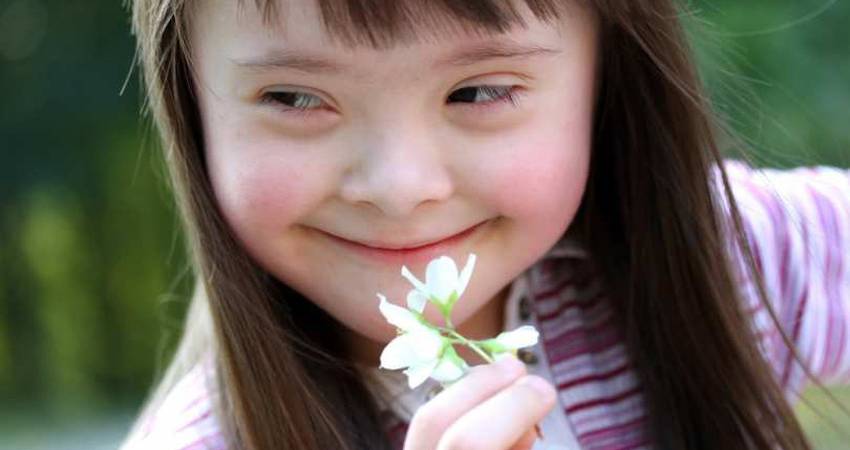
What the Danish ambassador didn't say about Down syndrome and abortion
This week, the Irish Times eagerly covered a letter the Danish Ambassador to Ireland had written to the Oireachtas Committee on Abortion denying that Denmark wanted to eradicate people with Down Syndrome, despite the fact that 98% of babies with the condition are aborted there.
He had been contacted by the pro-abortion TD, Louise O’Reilly of Sinn Féin, who seemed upset that comments were being made about Denmark’s horrific record, but not that bothered that practically every child in that country with Down Syndrome is being aborted.
The Irish Times reported that the Ambassador, Carsten Søndergaard, denied his country had a policy to eradicate people with Down Syndrome, and that he said “there were four children born in Denmark with Down’s syndrome after prenatal diagnosis” in 2016.
Mr Søndergaard failed to disclose, however, that according to the Danish Cytogenetic Central Register, an average of 98% of babies diagnosed with Down Syndrome before birth are aborted each year.
In 2016, according to official figures, 137 preborn babies were diagnosed with the condition in Denmark, and 133 children were aborted while just 4 were born. Six years previously, in 2010, of the 156 babies diagnosed with Down Syndrome in utero, every single one was aborted.
This shocking and tragic reality is not brought about by chance. In a 2015 interview with Vice News, the Professor of Gynaecology and Obstetrics at the University of Copenhagen, said:
“I think that Danish women are less sentimental about aborting malformed fetuses partly because that view is supported by professional medical staff. Recommending abortions isn’t an obligation but we give very realistic prognoses….. We give parents realistic expectations about future problems and generally, women carrying fetuses with severe malformations are recommended to terminate the pregnancy.”
Denmark’s abortion policy, and its effect on their culture, is clearly central to the almost complete eradication of people with Down Syndrome in that country. It is a reality that the debate on abortion in this country cannot ignore.
Featured
- RTÉ Investigates turns a blind eye to 38,000 babies aborted and other grim realities
- After Limerick case, medics write to every TD to warn ultrasounds must be provided before abortion
- Irish MEPs join EU lawmakers in voting to enshrine abortion as a fundamental right
- Every TD and Senator contacted re Limerick abortion scandal
- Stop the Cover-Up or Women Will Die
- "A testament to society's failure": 7681 abortions carried out in North of Ireland since 2020
- The west cannot take ‘human dignity’ for granted
- Horror in Prague: A hospital aborted the baby of the wrong mother
- Why are the media ignoring the abortion scandal that almost killed a woman?
- Limerick: woman who was prescribed abortion pills had life-threatening ectopic pregnancy
- Rally for Life 2024
- Exposing the Numbers
- Alive and Kicking: Your baby before 12 weeks



























